That feeling of having a new, beautiful, amazing idea is probably one of the best in the world!
Maybe it’s a new song idea, or a concept for touring my music, or even an idea for growing your business.
That is, until the that overthinker part of you comes in.
- But wait, how do I actually do this?!
- Who will want to see this?
- How much money will it cost?
- How will I actually execute it?
- It’s starting to sound complicated.
- Maybe I can’t do it.
- It’s only a dream.
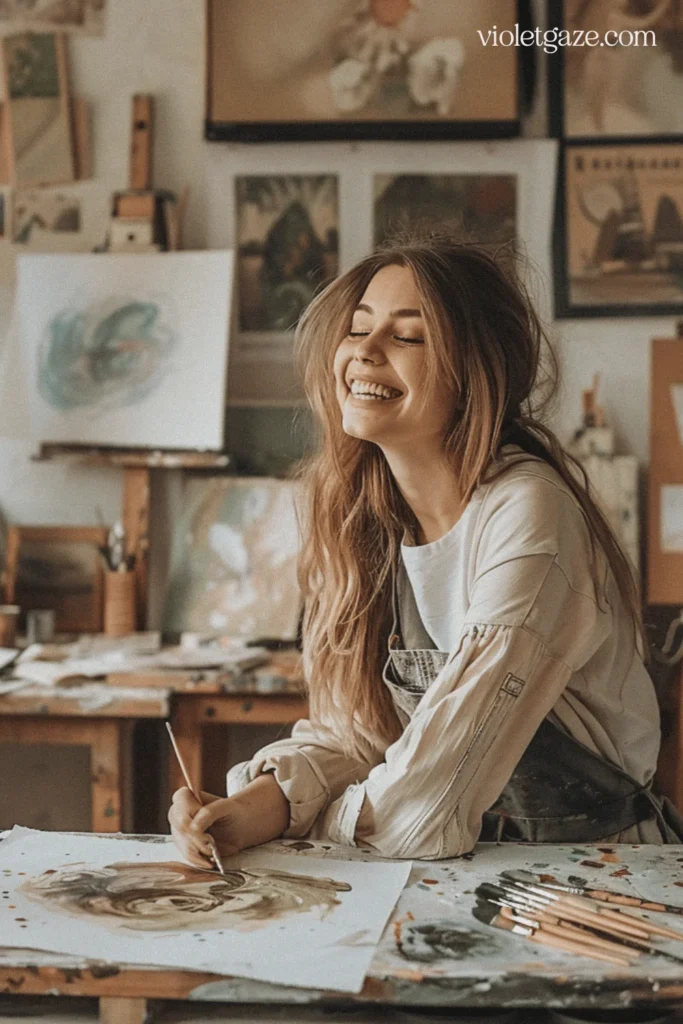
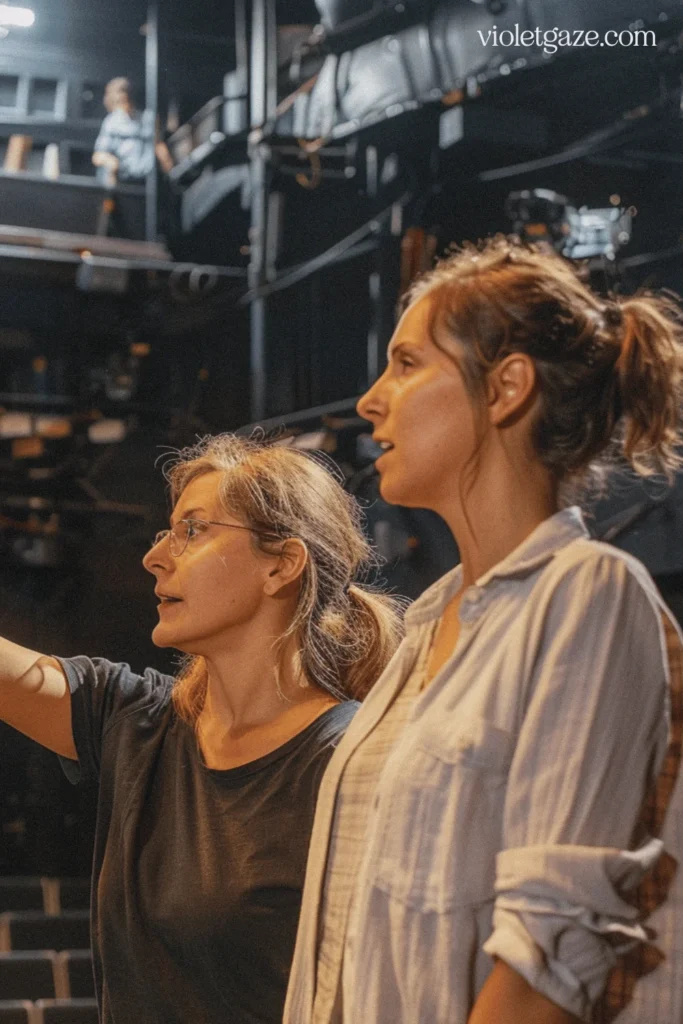
As an overthinker myself, my creative lifestyle felt more like a battle between passion and self-doubt. I have so much I want to create for the world, but so much analysis paralysis.
I am no therapist, but I eventually did have to ask myself what my overthinking means and confront it head-on. I realized my own definition of overthinking: letting analysis paralysis cloud my judgment based on past experiences or a faulty strategy.
Let’s talk about how you can break free from overthinking so you can let your creative dreams flourish. 🌸
How To Become an Imperfect Artist (Even If You’re an Overthinker)
1. I Asked Myself Why I Was Being an Overthinker About My Craft.
Let’s address this first part of the definition — “past experiences.”
I’ve had family members, teachers, and friends in my life who told me I wasn’t smart, capable, or able to pursue my art.
I was being triggered by tiny voices in my head who were trying to hurt me before I could get hurt by the outside world. This is built upon moments of over-perfectionism, or the concept of forcing yourself into a creative freeze because the pressures you place on yourself are too heavy.
For you, maybe consider what these outside and inside pressures might be. Some questions you can ask:
- What authority figures or close friends have told you uninspiring, damaging, or negative things about your career or their perspective of your career?
- What does the voice in your head tell you when you want to start something new?
- What fragments of perfectionism show up in your work? When does it happen? What ideas, dreams, or projects have forced you to freeze or stop? (This is different from something not feeling good in your gut or resonating with you — perfectionism for me tends to cloud my judgment in something I’ve known I’ve wanted to pursue for many years.)
I think once you identify the root causes of why you may feel you’re an overthinker, you can start to address them. Other ways you can do this other than answering these questions:
- Daily journaling a la The Artist’s Way Morning pages
- Getting a therapist or a business coach

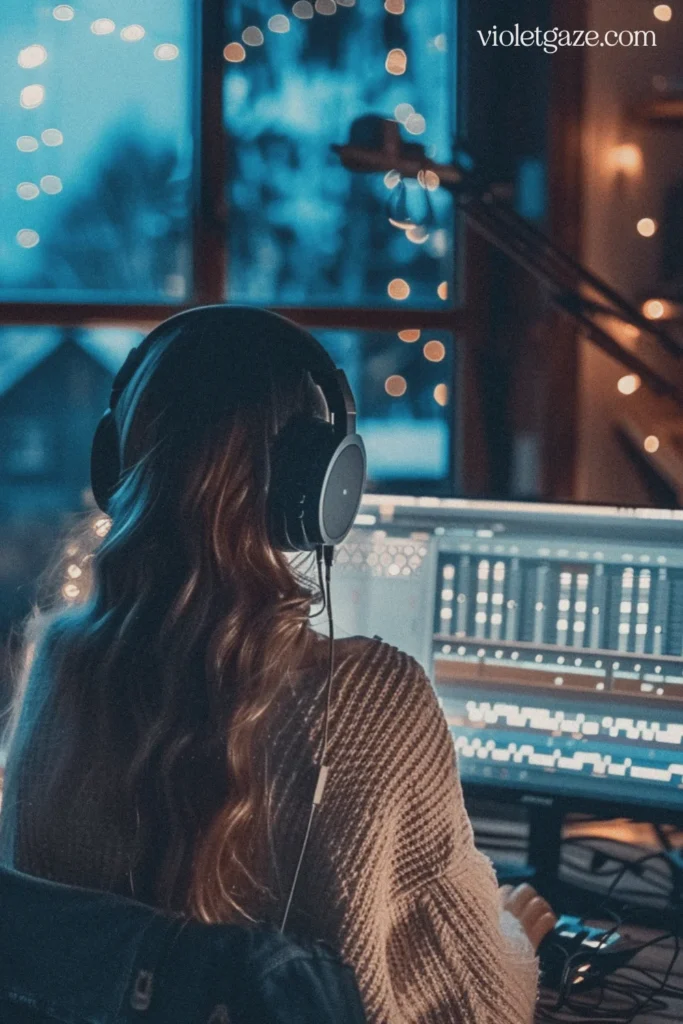
2. I Romanticized Messy Action.
I always say that taking messy and inspired action is always your best bet!
So, instead of obsessing over the final product, I started to embrace the messy middle. I gave myself permission to experiment, make mistakes, and create art that wasn’t perfect.
And not only taking messy, inspired action, but romanticizing it.
If I, for instance, wanted to start a blog and eventually make that my sole income, I wouldn’t just write blog articles. I would…
- Use my favorite fonts to write them
- Include my favorite colors as the headings and background colors
- Write in my bed or on the couch and light a candle
- Have some snacks with me
- Wear comfy clothes
- Go to a cafe or food hall and order snacks
I made it a generally fun and enjoyable experience to blog to keep my consistency up.
And most importantly, I didn’t worry about the outcome — just the process of taking messy, inspired action.
3. I Created Mini Goals.
Another strategy that helped me overcome my inner overthinker was to break down my big, audacious goals into smaller, more manageable tasks.
This embodies the section part of my definition above — “a faulty strategy.”
Most people want to focus on one big, overwhelming goal. They look at this goal of, say, “I want to be a series regular,” or “I want to open my own art gallery,” and sit and think, “well, that’s such a big and overwhelming goal, I don’t even know where to start.”
So, instead of focusing on that big, overwhelming goal (for me, being a full-time performer) I started to set small, achievable mini-goals along the way.
For example, if your goal is to start an Etsy shop full-time, I wouldn’t write down one bullet point that says “start an Etsy shop full-time!”
I’d break it down into smaller mini-goals, both so you can track your progress and celebrate the little wins. This might be something like:
- Take 3 hours to create Etsy shop on Etsy.com
- Make correlating social media handles to have for later
- Set up shipping, payment, etc.
- Upload 1 item into your shop
- Create YouTube playlist on how to optimize Etsy shop & spend a weekend watching them
- Apply at least 2 big takeaways to your shop
- Make your first social media post
Etc…
4. I Chose Consistency Over Perfection.
Something I’ve realized all too recently is that the key to success in this world is consistency.
It’s not having natural talent, it’s not having lots of luck, it’s not having lots of connections (though all of those might help).
I realized also that, for me, consistency is the key to overcoming overthinking.
Instead of trying to create the perfect piece of art every time, I focused on showing up regularly and creating something, anything, even if it wasn’t my best work.
It wasn’t about being perfect; I just kept going.
Consistency also helped me become more comfortable with the creative process, and my overthinker tendencies gradually diminished.
I realized that the act of creation itself was more important than the end result and that by simply showing up and doing the work, I was able to tap into a deeper well of creativity. In fact, I realized that creativity is imperfection!
5. I Erased Timelines From My Calendar And Focused on General Timeframes.
When I tell you I used to be obsessed with timelines — man.
And for a while, having such hard and fast rules really did motivate me, until it was all I was thinking about. I didn’t seem to look for a spiritual connection in the work I was doing.
I was obsessed with timelines. I would set strict deadlines for finishing songs, releasing albums, and achieving certain milestones. And, of course, because the creative process has its own timeline, I would get frustrated and overwhelmed when I didn’t hit them perfectly.
So, instead of focusing on strict dates and timelines, I focused on time frames — loosely.
Instead of saying “I want this song released by Halloween,” I would say “I want this song released by the end of the year.” From here, you can also see how this works with the creative process.
Your process may or may not need more time — but keeping a general time frame in mind helps you make sure you’re taking messy and inspired action, even if you need to adjust it a little.

My Takeaways After 5+ Years on My Singer-Songwriter Journey
Honestly, the majority of this time taught me how to stop being a chronic overthinker and instead welcome messy, inspired action (are you tired of me saying this, yet?) And of course, the more you do something, the better you become at it, so consistency helped me become a better performer and songwriter.
Here are a few other takeaways I got:
Focusing On Numbers Will Restrict Creativity
It’s soooo easy to get caught up in the numbers game. Likes, followers, views, and streams—these metrics can seem like the ultimate measure of success, especially at the beginning of your process.
But as a creative person, I’ve learned that focusing too much on these numbers can actually stifle my creativity. It can lead to a constant need for validation, a fear of not measuring up, and a tendency to create work that I think will please others rather than express my own unique voice.
I’ve found that when I prioritize my artistic vision and create work that is meaningful to me, the numbers tend to follow. But even if they don’t, I know that I’ve stayed true to myself and my art. I’ve learned to trust my intuition and create what feels right, rather than what I think will get the most likes or shares.
And in the end, that’s what truly matters.
Too Much Social Media Will Overwhelm
This goes into something similar — focusing on social media too soon. There’s nothing that will trigger my overthinking tendencies like some good ol’ social media.
While social media can be a powerful tool for connecting with others and sharing your art, it can also be a source of overwhelm and anxiety.
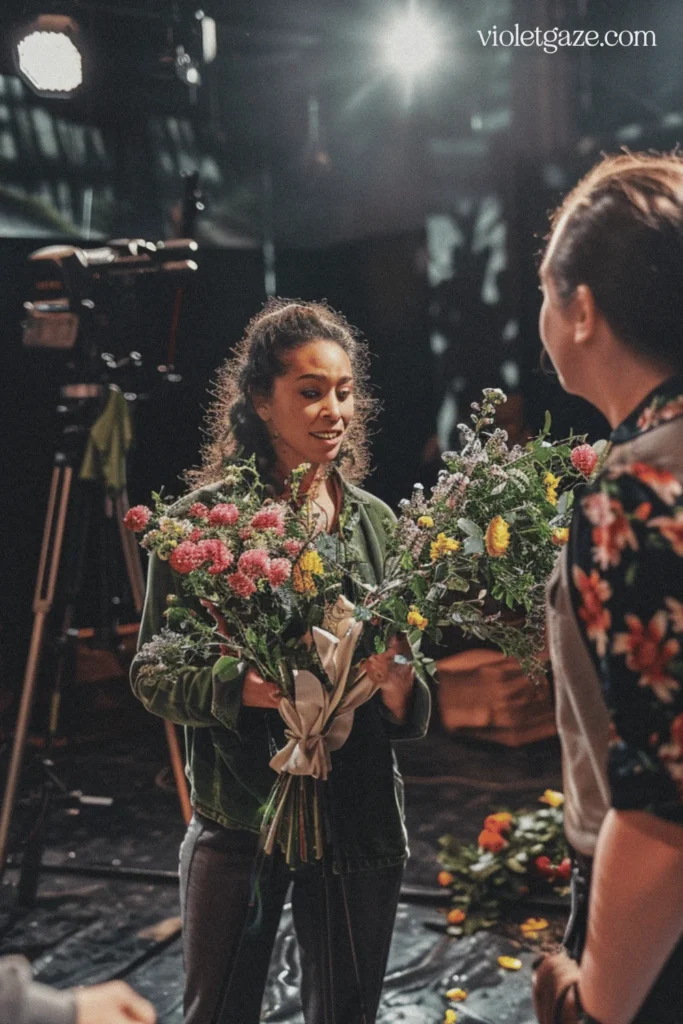

As a singer-songwriter, I’ve found that spending too much time on social media can lead to feelings of inadequacy, comparison to others, and a fear of missing out. It can also be a major distraction, pulling me away from my creative work and leaving me feeling drained and uninspired.
So, for the first 6 months of really delving head-first into singing-songwriter, I deleted Instagram from my phone. No scrolling! I didn’t want to compare my process to other people’s. And the thing about social media is that even if you aren’t looking to compare yourself, you will find a reason to.
Working in Digital Marketing Will Teach You (Almost) Everything You Need to Know About Running a Creative Business
I worked in digital marketing for a long time at the beginning of my career trajectory. Originally, I’d sort of fallen into it (was in the middle of acting school in 2020 when the world shut down, and had to find a way to make money online).
It took a few years of working in digital marketing to realize how great of a job this is for creatives and those looking to be a full-time artist. While it seems unrelated at first, creatives already have the affinity to excel in digital marketing because of their eye for art.
And it being remote, you can literally work from anywhere — that includes being on tour — and being less likely to be physically exhausting. That means you still have the energy to create whatever art you need to create while still making an income!
Follow My YouTube For Creative Lifestyle Tips!
I hope you find some ways to give yourself permission to alleviate your overthinker tendencies (I know, it’s hard) and remember that being an artist is all about taking messy and inspired action.
Once you alleviate the pressure of being perfect, I can see so many doors opening up for you. If you want regular doses of inspiration, I would love to see you over on my YouTube channel where we talk more about living your own creative, inspired, beautiful love.
I’ll see you there? 😉
Paragraph
Paragraph
Paragraph
This post may contain affiliate links, which means we'll receive a commission if you purchase through our link, at no extra cost to you.
Paragraph
Paragraph
Paragraph
Paragraph
Paragraph
Paragraph
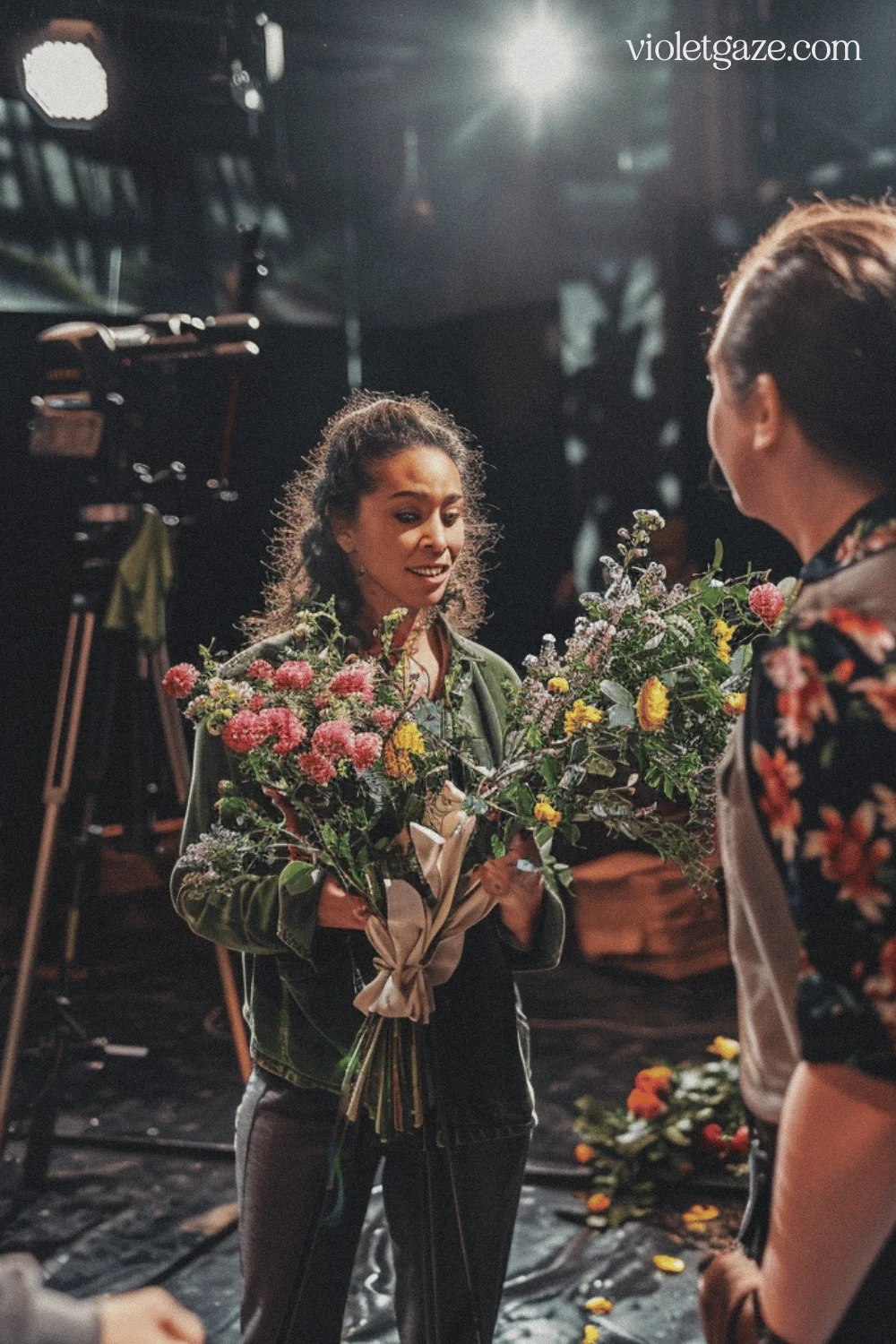
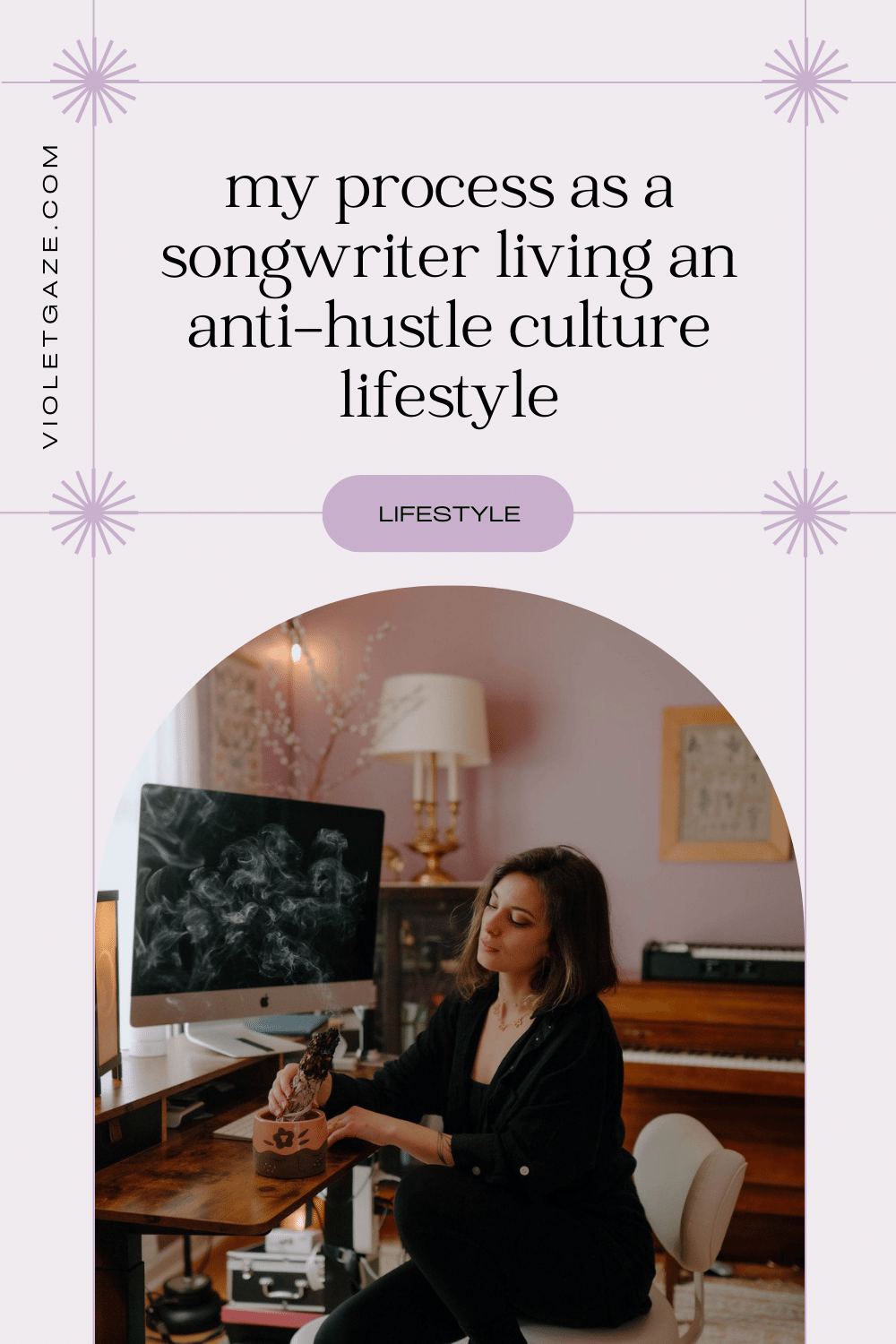
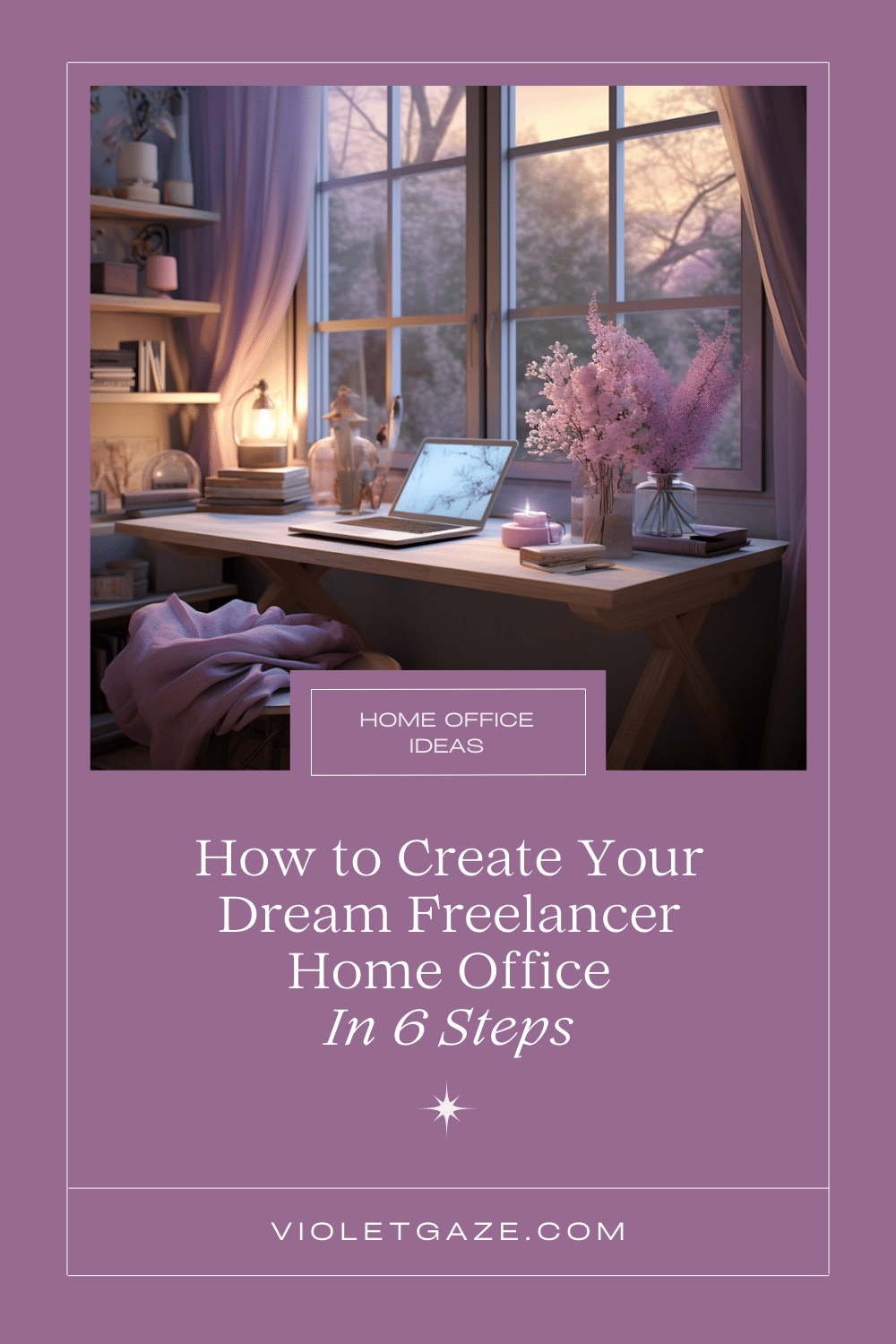
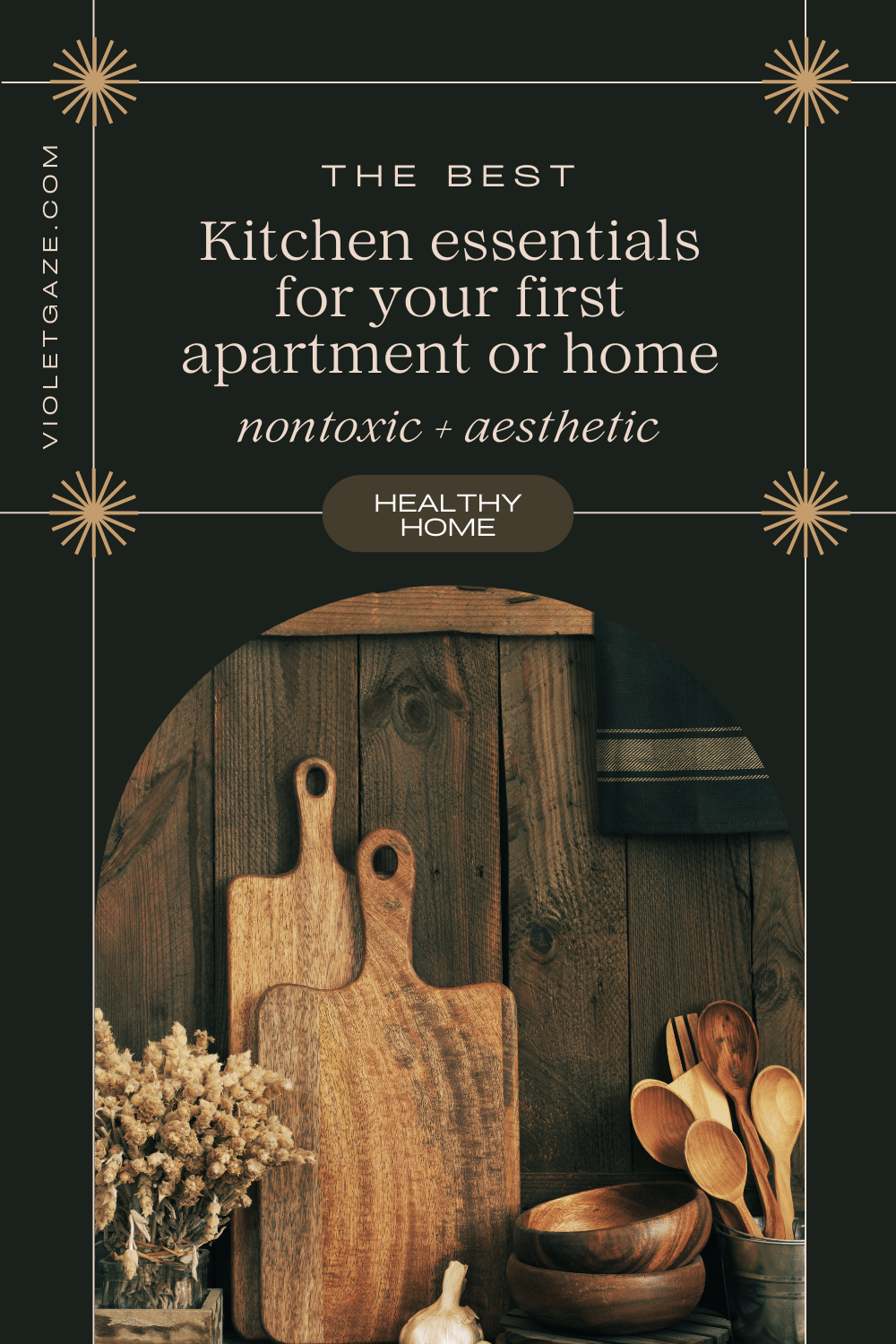
The Overthinker’s Guide to Making Imperfect Art
VIEW COMMENTS